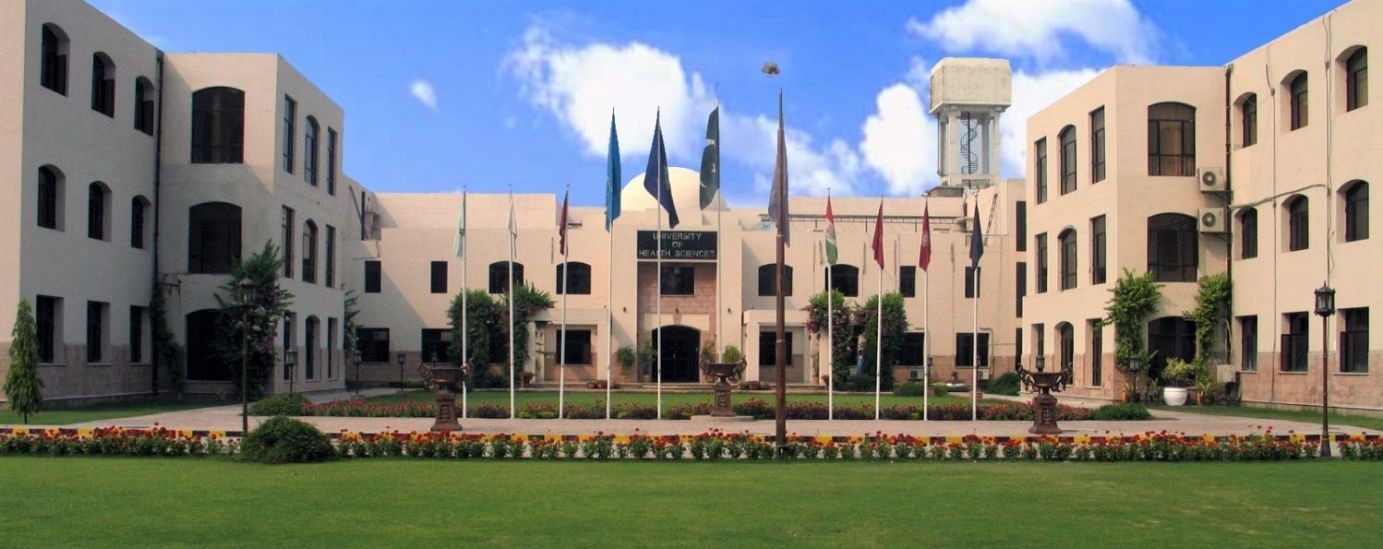Dr Yasmin Stresses Inducting Infection Control Policies In Existing Health Structures
LAHORE– Punjab Health Minister Dr Yasmin Rashid has said while marked progress has been made in knowledge and practices due to the continuous efforts of experts, now major effort needs to be implemented at government level to incorporate infection control policies into existing health structures.
While addressing at a book launching ceremony here at the University of Health Sciences (UHS), on Tuesday, the health minister said that infection prevention and control in hospitals ensured the safety of patients and healthcare workers while simultaneously decreasing the risk of spreading infection among the community.
UHS has published a “Handbook of Hospital Acquired Infections Prevention and Control” for students and healthcare workers. It has been edited by Shalamar Medical and Dental College’s professor of pathology, Prof Maryam Riaz Tarar, and UHS assistant professor public health, Dr Shehnoor Azhar.
Dr Yasmin Rashid lauded the efforts of UHS in this regard. While highlighting the importance of cleanliness she said that the directions being passed out by the World Health Organization today had already been given to the Muslims by the Holy Prophet (P.B.U.H.), more than 1400 years ago.
UHS Vice Chancellor, Prof Javed Akram said that cases of hospital-acquired infections are on the rise in Pakistan and as well around the globe, adding that by adopting proper infections control methods, the number of cases could easily be minimized if not completely eliminated.
“Through sterilization, clean environment for patients, limiting attendants to have prolonged physical contact with patient, chlorination of wards and washing hands before and after examining a patient by a nurse, paramedic or doctor, the number of cases with hospital-acquired infections (HAIs) could be reduced effectively,” he said and added that excessive use of anti-biotic medicines turn the bacteria anti-biotic resistant and may cause severe infections.
He said that the need of the time is to educate public and as well doctors, nurses and paramedics that by doing small things they can make big difference. “Only by adopting proper infection control methods, we can save a number of lives and it costs nothing but a little care and sincerity to the profession.”
Prof Javed Akram dedicated the book to the people of Indian-held Kashmir and announced to send 500 copies to the hospitals in the occupied valley.
Punjab Healthcare Commission’s chairperson Prof Attiya Mubarak Khalid, Prof Maryam Riaz Tarar and Dr Shehnoor Azhar also spoke on the occasion.

